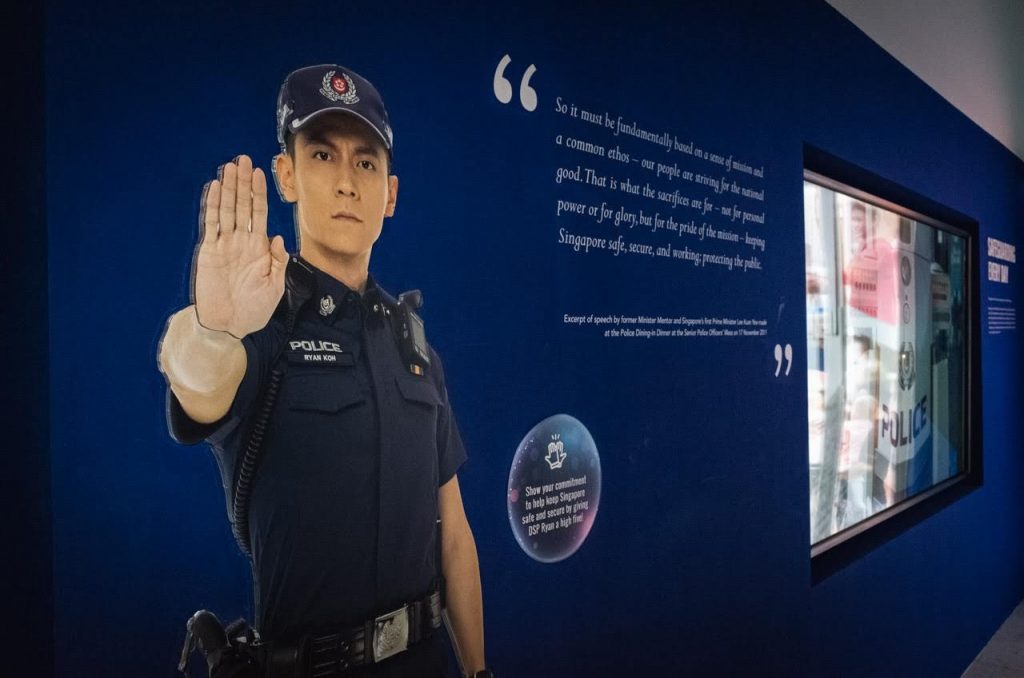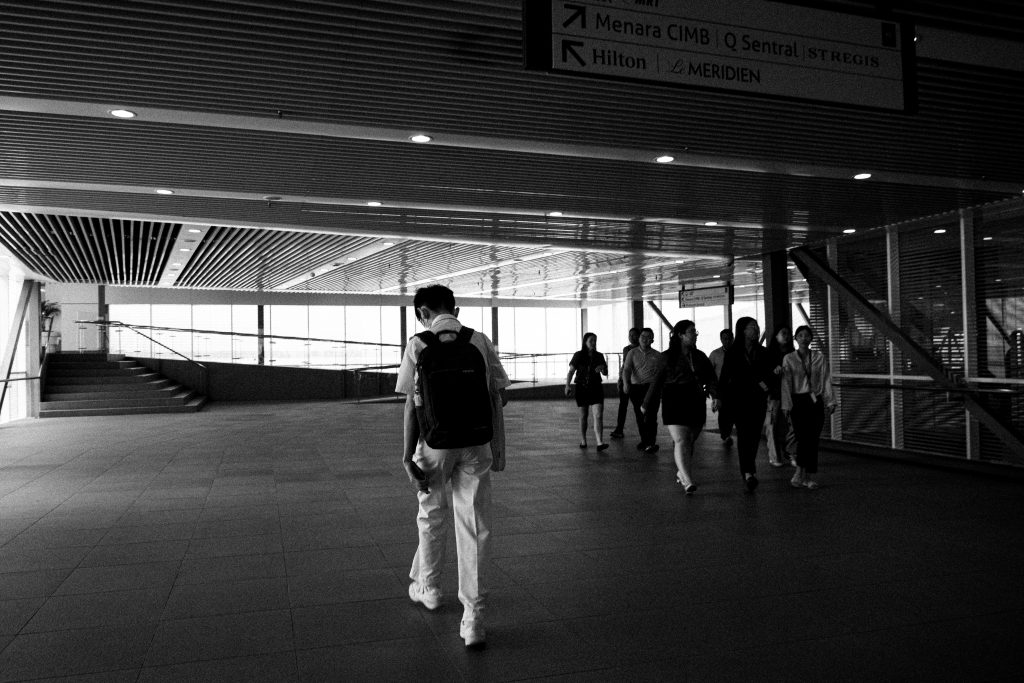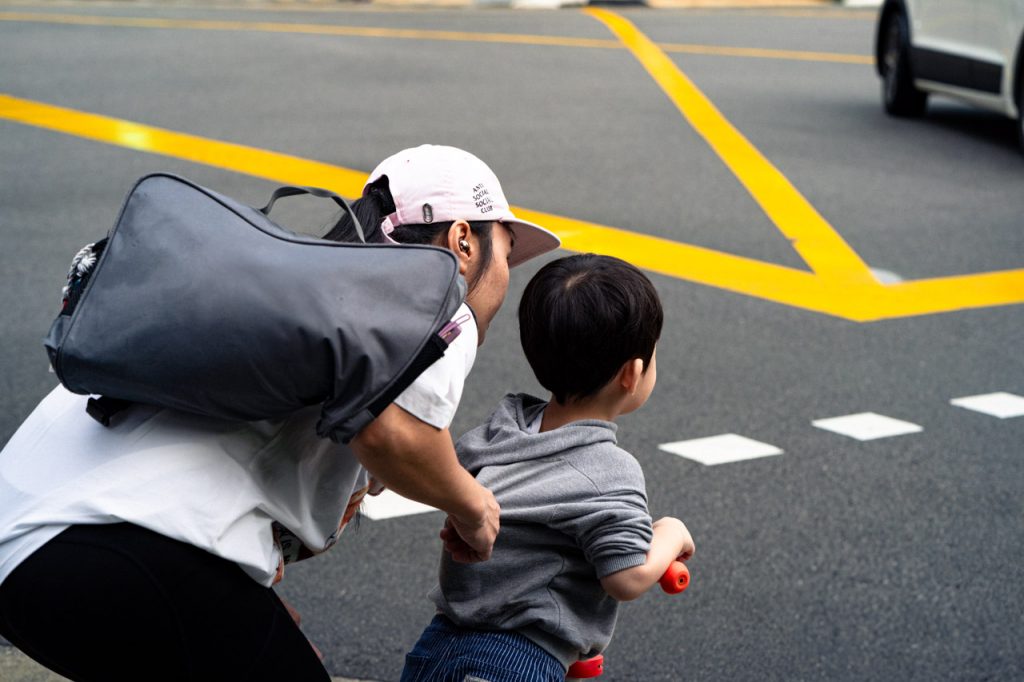Top image: Stephanie Lee / RICE file photo
First, it was NUS kids who garnered a reputation for getting away with anything as long as they had a stellar academic record. That pattern seems to have manifested for Anglo Chinese School (ACS) kids too.
A recent raid of an Orchard Road KTV lounge saw the police interrogate a group of six men—one of whom was found to be in possession of an illegal vaping device. As a man was being questioned, one of his buddies decided that this was his time to shine and told the police officers: “We are not gangsters. We are ACS boys”.
The now infamous quote has not only made headlines but also received ridicule in the form of social media shitposts, songs and apparel.
I get it. It’s hilarious. Who knew that “I’m from an elite school” isn’t a valid defence when breaking the law in Singapore? Since sleazy KTVs aren’t usually where schoolboys hang out, chances are, these ACS boys graduated quite some time ago.
Yet, the perception that good educational standing can be used to mitigate criminal wrongdoing is not new to Singaporeans. The most prominent example is probably the Monica Baey Case, which captured Singapore’s attention in 2019. The perpetrator, Nicolas Lim, was given a conditional warning and escaped prosecution with the police saying: “A prosecution, with a possible jail sentence, will likely ruin his entire future, with a permanent criminal record.”
These cases received so much attention that Minister for Law K Shanmugam had to address the issue in Parliament, highlighting that lighter sentences should not be given just because of the offender’s academic potential.
Three years later, it seems that the mindset has evolved and resurfaced.

Every School Is a Good School (but Not Necessarily an Elite School)
The defence this time isn’t being raised in court—it was raised by the defendant even before legal proceedings. The man evidently felt that saying he was an ACS boy would help them in a compromising situation.
Furthermore, his idea of introducing himself as an ACS alumnus reveals a more insidious notion—that his alma mater could confer some power or immunity. Or, at the very least, use their educational background to indicate that they should not be considered lowly thugs.
Whereas lawyers had previously been the ones to argue for leniency on grounds of academic merit, are individuals using that as a shield when caught red-handed? It’s dangerous to allow that notion to perpetuate. Singapore prides itself on upholding the idea that no man is above the law.
Yet here we have a man who probably decided to use his school’s good name to get out of trouble.
Unfortunately, it seems that the culture of elitism has become ingrained in Singapore—if not by policy, then at least in practice.
We hear slogans like “every school is a good school”. But how many of us would say, “We are not gangsters. We are from (insert neighbourhood school name here)”?

Parents aspire to send their children to elite schools—ACS, Raffles Institution, Hwa Chong, and the like. Alumni of these schools introduce themselves as having graduated from these schools without prompting. Parents even complain when prestigious schools like ACS Primary move location because that means their plans of where to live have to change or risk being a wasted effort.
One’s feeling of pride and belonging toward his or her own school is understandable. These elite schools produce scholars, ministers and generals. Students of these reputable schools are stereotyped to be intellectual, from well-to-do families, connected to high-flyers, and bound for success themselves.
To be associated with a school that produces such outstanding members of society is to identify oneself as someone of at least a similar calibre. However, when such an association leads one to believe that one should be, or in fact is, above the law is another thing entirely.
Are We Really That Elite?
Elite schools are a different class of educational institution. They have more resources dedicated to them, and getting in almost guarantees your future will be bright. Or so we are told.
Yes, I attended an elite secondary school. Really, it’s not all that it’s hyped up to be.
There was the standard toxic ‘alpha male’ culture created by adolescent boys. There were fights over girls that devolved into puerile feuds. Rampant cliquism went unaddressed.
Here, humility was something that we almost never learned—most of the time, we weren’t the ones getting humbled.
Every year, the track team’s victory in some competition convinced our educators to give the whole cohort a half-day off. And for three of the four years that I studied in that school, we got those half-days off. We expected it.
So it came as a shock when our team lost in my fourth year, and we were denied that half-day off. Everyone stared daggers at the track team for the next week or so.

It’s also hard to remember a morning assembly or level assembly where we weren’t reminded of our ‘unique identity’ as elite school students and future leaders of society.
Only on rare occasions were we reminded that our privilege was not a free pass and that we should be more accountable to the school’s good name. Even then, we quietly mocked the teachers who told us this.
Looking back, I doubt that I was really that different from kids from other secondary schools—but the institution’s marketing and branding did get to me while I was there. I believed that I was special, that I was studying amongst a special group of Singaporeans.
But what good are smarts when they are used for childish things like defying teachers and bullying others?
After all, boys will be boys. And when we’re talking about 13-year-olds, boys are adolescent alpha male wannabes who have a problem being told what to do. Teachers walk on eggshells because they know there’s some rich man’s kid in every class, so discipline is something that is almost never instilled in us.
All we learned was how to game the system and how to get away with it.
The Way Forward
To be clear, I’m not an opponent of meritocracy.
Former Education Minister Ong Ye Kung argued that “even those who rail against meritocracy struggle to come up with a better system” and promised that meritocracy would remain a key principle for recognising individuals in Singapore.
But the system is not perfect, and pretending that its flaws are inevitable only allows time for these problems to fester into something worse.

For a start, let’s eliminate the idea that elite schools or academic excellence can substitute failings in other areas.
The public’s reaction to the offender’s defence of “we are ACS boys”, at least, offers us some hope that not everyone buys into the idea that elite school kids should be given a free pass.

Meritocracy has been under fire in Singapore before. And given how committed Singapore is to meritocracy, it will likely be a recurring theme in the future as well.
But we should not allow meritocracy to develop into elitism. We must do more to weed out elitist sentiment wherever it is found, especially among those most prone to elitism.
There is nothing bad about providing gifted students extra opportunities to shine and contribute to society. But we should not confuse that with providing them additional leeway to bend the rules at their own whim and fancy.
A crime is a crime, no matter who commits it. Those who break the law should be held accountable, whether they are ministers, KTV patrons, or a bunch of ACS lads.
The idea that some people can escape ramifications just because they went to some atas school is not only wrong but also insulting to the majority of Singaporeans who did not go to elite schools.
Meritocracy is not a problem as a guiding principle—but it becomes a problem when those who benefit from the system seek to take advantage of it and subvert the system for their own temporary gain. For these ACS boys who got into trouble, the best is truly yet to be.






